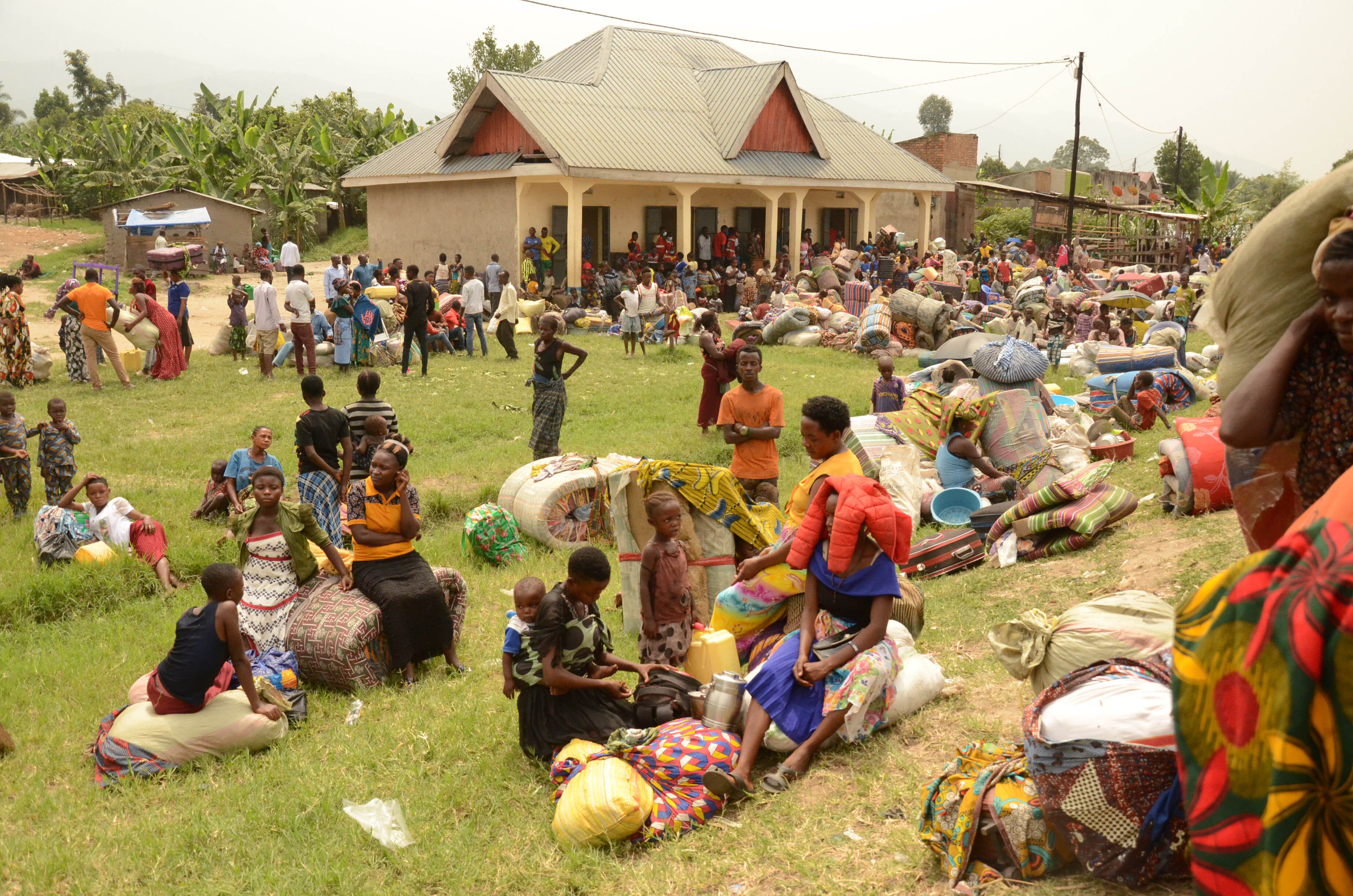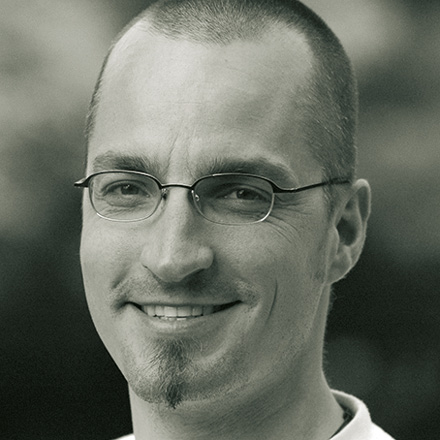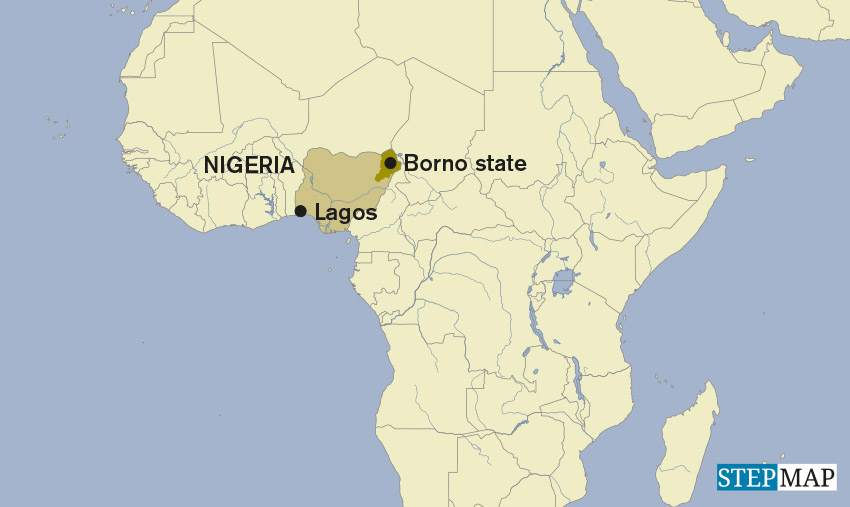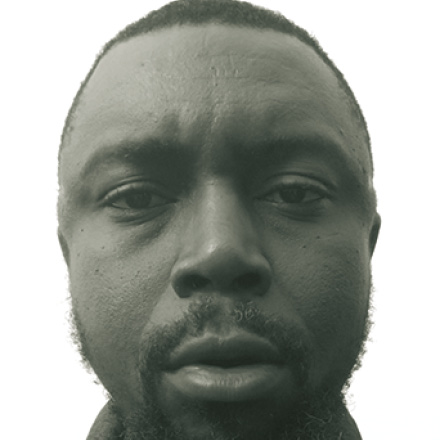Identity politics
Dangerous polarisation
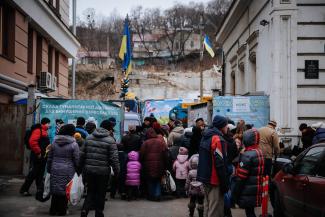
“We are reaching our limits”, says Maxim Butkeuych of the civil-society organisation (CSO) Social Action Center in Kiev. About 1 million people are estimated to have been internally displaced in Ukraine in recent months. According to the UN, some 5 million people are in need. Butkeuych says the Ukrainian government is facing a totally new problem. It lacks the capacities it requires, but also the political will to handle the situation properly. CSOs have to assume responsibility.
The legal status of the internally displaced people (IDPs) is difficult in regard to registration, social services and other issues. Responding to civil-society pressure, the government has passed relevant laws, but is not applying them, Butkeuych told a conference hosted by the Evangelische Akademie Loccum, a Protestant institution, in Lower Saxony in March.
Ukraine could learn from Georgia’s experience, states Julia Kharasvili of Consent, a women’s association for IDPs in Tiblisi. Even today, some 271,000 persons are internally displaced in her country because of the war with Russia in 2008. Back then, the Georgian government immediately set up a committee for refugees, which was later upgraded to a ministry. According to Kharashvili, this institutionalisation proved very useful.
Internal displacement in Ukraine may even turn out to be an opportunity, as members of different identity groups meet and exchange more frequently, argues Kerstin Zimmer, a German social scientist. Such interaction could boost tolerance and social cohesion.
Ukrainian society is traditionally quite diverse, but in the current crisis, people are loosing sight of this fact. Historian Anna Wendland says that they are forced to define themselves either as pro-Ukrainian or pro-Russian. The dichotomy is imposed by Russia, says Wendland, and ultimately serves the purpose of securing President Vladimir Putin’s hold on power in Moscow.
Even in eastern Ukraine, society is diverse, and its vibrant civil society embraces that diversity, according to Detlev Wolter, the German consul general in Donetsk. Because of Soviet history, this region is particularly receptive for Russian propaganda, he argues, but the majority of young people in the area nonetheless are in favour of association with the EU.
In view of the current crisis, civilian peace-building in eastern Ukraine is essential, emphasises Cécile Durey of Swisspeace. It is important to strengthen dialogue systematically, to counsel people with traumatic experiences and to prevent violence. Russian propaganda must be opposed, reasons Durey.
Currently, even exchange between CSOs in Germany and Russia is becoming more difficult however. On the one hand, the public’s interest in Germany is decreasing, and on the other, cooperation is becoming more risky for Russians. That is the experience of Tim Bohse from the association for German-Russian exchange. Nonetheless, he considers cooperation essential to stem out-dated, hostile stereotypes. He insists, however, that civil-society actors cannot compensate failures of diplomacy and foreign policy.
Günther Bächler is the Swiss ambassador in Georgia. He wants to see political systems strengthened with an eye to preventing violent conflicts all over the world. He counts 40 fragile states, where conflict may escalate fast. Among other things, he considers development assistance a tool to facilitate political solutions. By contrast, diplomatic concepts have too often turned out to be short-termed and weak.
Theresa Krinninger
